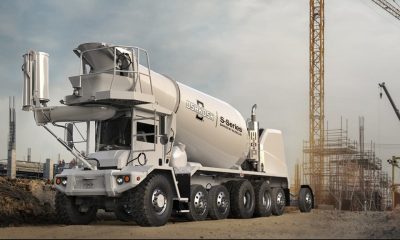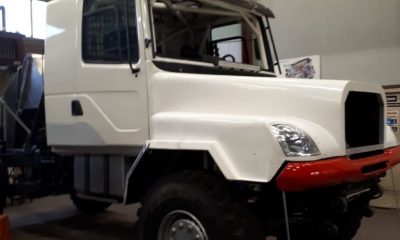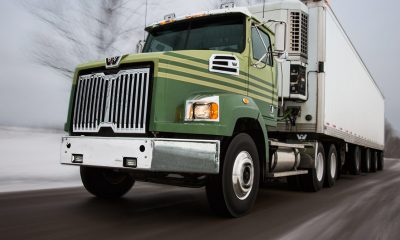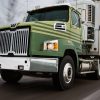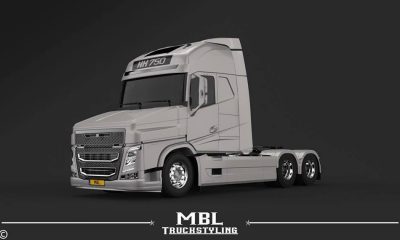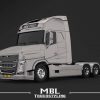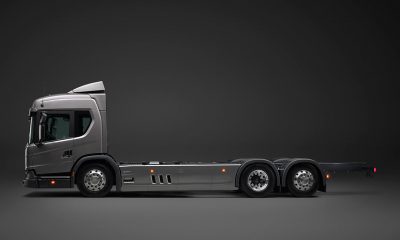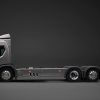Paul Gatti, Royal Mail Fleet’s Managing Director, said that a successful trial could lead to a broader adoption of the technology in the company’s fleet of almost 50,000 vehicles:
“Royal Mail is delighted to be collaborating with Arrival and pioneering the adoption of large electric commercial vehicles. We will be putting them through their paces over the next several months to see how they cope with the mail collection demands from our larger sites. We have trialled electric trucks before but not of this type of innovative design and look forward to see what additional benefits they can bring to our existing fleet of around 49,000 vehicles.”
Arrival, formerly known as Charge Auto, built the trucks at their new 110,000 sqft factory in Banbury. They claim that the trucks are built using a “revolutionary ultra-lightweight composite materials that significantly reduce the weight of the vehicle and by combining this technology with Arrival’s custom built hardware, including power electronics and motors, the cost of operating has been reduced by more than 50%.”
They say that they optimized the maximum range to weight ratio for inner city deliveries with battery packs enabling up to 100 miles of range on 3.5, 6 and 7.5 tonne trucks.
There’s a growing market for those kinds of trucks as parcel companies are starting to see the benefits of converting their fleets to electric vehicles. Deutsche Post has been building its own electric delivery vans and they recently announced a partnership with Ford to build a fleet of 2,500 bigger all-electric delivery trucks.
As for Arrival, the startup is also pursuing autonomous driving technology. They are working on the Formula E roborace championship and they claim that Royal Mail’s new trucks are “autonomous-ready”, but it sounds like the trial is more about testing electric powertrains than anything else for now.






